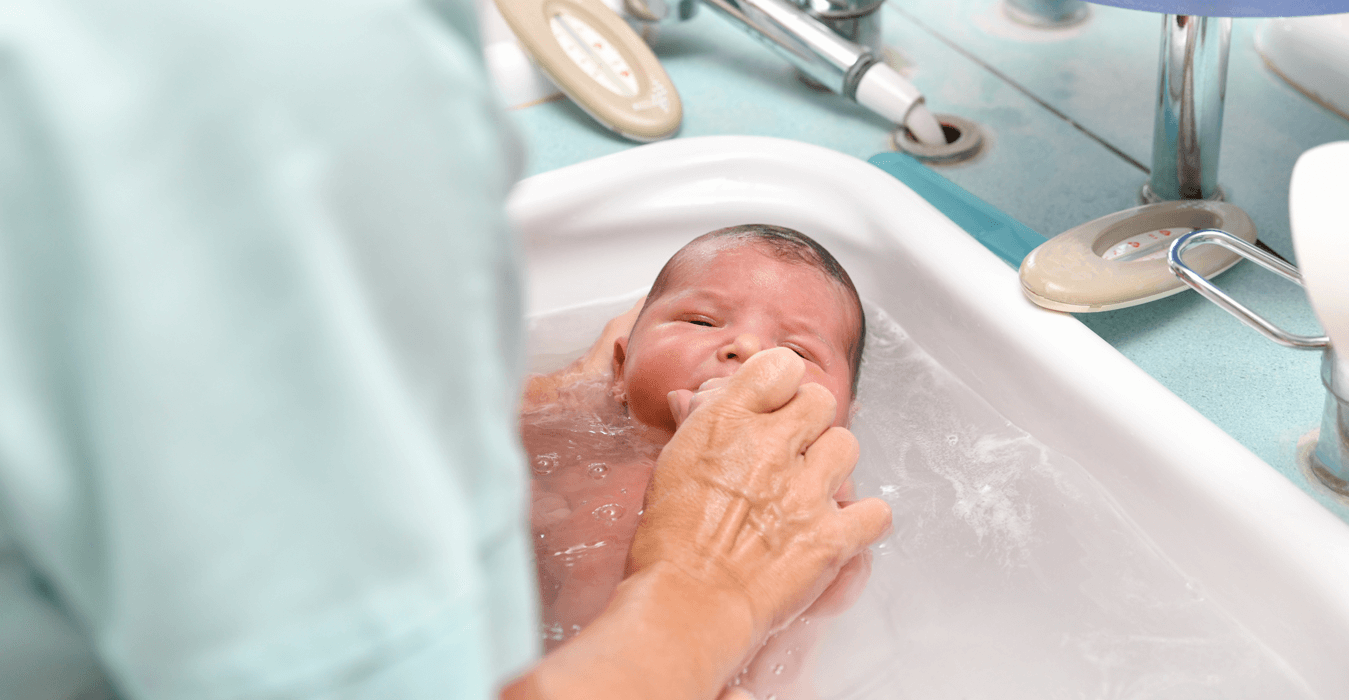Perinatal nurses help care for women and babies throughout pregnancy, birth, and postpartum, and usually up until the new baby is around a month old.
What is a perinatal nurse?
Perinatal nurses help care for women and babies throughout pregnancy, birth, and postpartum, and usually up until the new baby is around a month old. Perinatal nurses educate their pregnant female patients about their unborn child. One of the largest roles of a perinatal nurse is to teach patients, spouses, and family members methods and techniques that can help ensure a healthy pregnancy. Nurses advocate for patients, educate them on childbirth options, and how to bond with and care for the baby after it’s born. Perinatal nurses assist patients during labor and are there to help in case complications arise. Lastly, perinatal nurses teach family members how they can best support the mom-to-be during and after pregnancy.
How to become a perinatal nurse?
Registered nurses looking to enter the maternal and child health specialty should know that many employers prefer Nurse Practitioners (NPs) for the role. However, nurses can gain experience in a maternity ward or OB/GYN office while they train to go into the perinatal nursing field. Experience working with pregnant women, and babies, and a desire to educate and make women’s health a priority is necessary to be successful in the role and to protect your patients and practice.
Nurses aspiring to specialize in perinatal nursing or as a nurse-midwife must have a post-baccalaureate degree. Master’s degree programs in either field are available, as are advanced certificate programs for nurses with a master’s in another area of nursing. Perinatal nurses looking to become NPs can choose to complete a Master’s Degree in Nursing (MSN) and apply for further certification to bolster their chances of positioning themselves in the advanced field of perinatal nursing. As Advanced Practice Registered Nurses (APRNs), perinatal nurse practitioners, along with Clinical Nurse Specialists (CNSs), must have an MSN and a post-master’s certificate in their specialty. Two-year master’s degree programs seek to build upon the knowledge you have acquired from undergraduate nursing study and require that you have already obtained an RN license. MSN degree programs will typically encompass classroom work and a large number of hours of practical experience including clinical, teaching, and research time.
Where do perinatal nurses work?
Perinatal nurses can be found working in a variety of healthcare facilities. You can find them working in any of the following workplace settings:
- Hospitals
- Physician’s offices
- Neonatal Intensive Care Units
- Community Health Organizations
- Medical Evacuation and Transport Services
- Home Health Services
Nursing beyond birth and babies
Perinatal nursing is sweet and magical and everything you think it would be. But everyone only thinks of birth and babies. No one ever thinks or talks about the pain of pregnancy, the heartbreak of infertility, or the difficulty of death.
One day a nurse was working triage and the nurse seemed to be seeing patient after patient. By lunchtime, the nurse had finally cleared all the beds in triage and was finally going to grab a quick lunch when a patient walked through the door with a slew of family members.
The patient was very tiny. As the nurse walked behind her, she couldn’t even tell she was pregnant. As the nurse put her in the triage bed, she told the nurse that she hadn’t felt her baby move since the night before. Tomorrow was her due date. The nurse put the monitor on her belly and heard nothing. Even though the nurse knew at that moment that her baby was dead (she was so tiny, she should have been able to put that monitor anywhere on her and pick up her baby’s heartbeat), she moved the monitor around and around, hoping to hear something. But the patient already knew. She began crying and her husband sat in the chair next to her with his head in his hands, not knowing what to say or do. She asked between sobs for her mother, who was in the waiting room.
The nurse went to get her mother, and when she saw the nurse coming she immediately said “he’s gone, isn’t he?” The nurse was unable to say anything. The nurse held her arm as she led her into the triage room and only told her that the provider was on his way to speak to them. The nurses’ hearts ached for a mother who lost her first child, a dad who lost his first son, and a grandmother who lost her first grandchild. When her provider arrived, he pulled an ultrasound machine to the bedside to visualize the still and silent heart of her baby. Everyone cried again because this time they could see his heart not beating. And the only thing the nurse could be thankful for at that moment was that she had the support of her partner, she had the support of her mother and that the rest of the nurses’ triage beds were empty, and that no other mother had to hear the cries of a patient who had just been told her baby was dead.
Not every nurse can labor a patient with a full-term intrauterine fetal demise (IUFD). Nurses have shared this same story in one way or another, and after this kind of workday, nurses will leave physically and emotionally drained. Nurses have to watch their patients and their families crumble in front of them, with no words to ease their pain or to provide any type of comfort or closure. On top of that, they have to experience every pain and emotion that comes with labor. As nurses, they walk a fine line between wanting to medicate them until they are almost out of their misery and encouraging them to be present for a time in their lives that they will eventually want to remember. There is no other patient that nurses want to see have a vaginal delivery more than her. As nurses labor her, they pray that she doesn’t leave the hospital with a lower-uterine transverse scar as a daily permanent reminder of what she went through. They may not remember everything the nurses’ said or everything they did. They probably did not know that the nurses cried for them, alone in an empty room where no one else would be able to see them. And even though nurses see all too many of these, they can honestly say that they still remember every single one.
Watch the following video to know – a day in the life of a Saint Luke’s NICU nurse
So for any mother out there who never got to carry her baby to her due date, or to any mother who never got to bring her baby home, know that your nurse remembers you. And even though everyone else has moved on, the nurse will always know that a part of the patient was left behind in that labor room.
“Every nurse is an angel with a key to a healthy community! All in caring for patients is part of nursing soul!” -Alexsandar Radunovic
Curious about Skillgigs? CLICK HERE!
Interested in Travel Healthcare? CLICK HERE!
Now Pick Your RN Job Yourself only using Swipefox!





